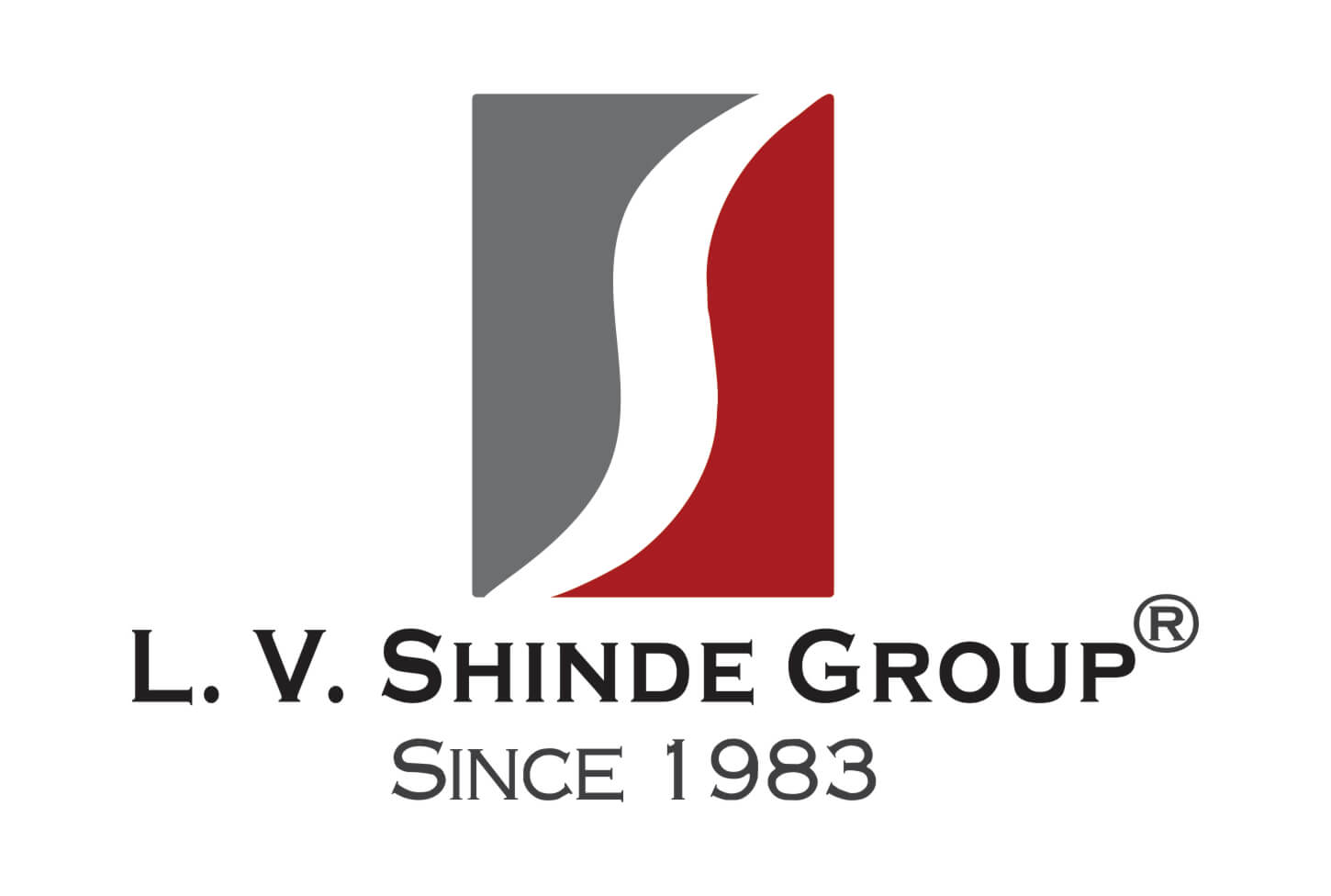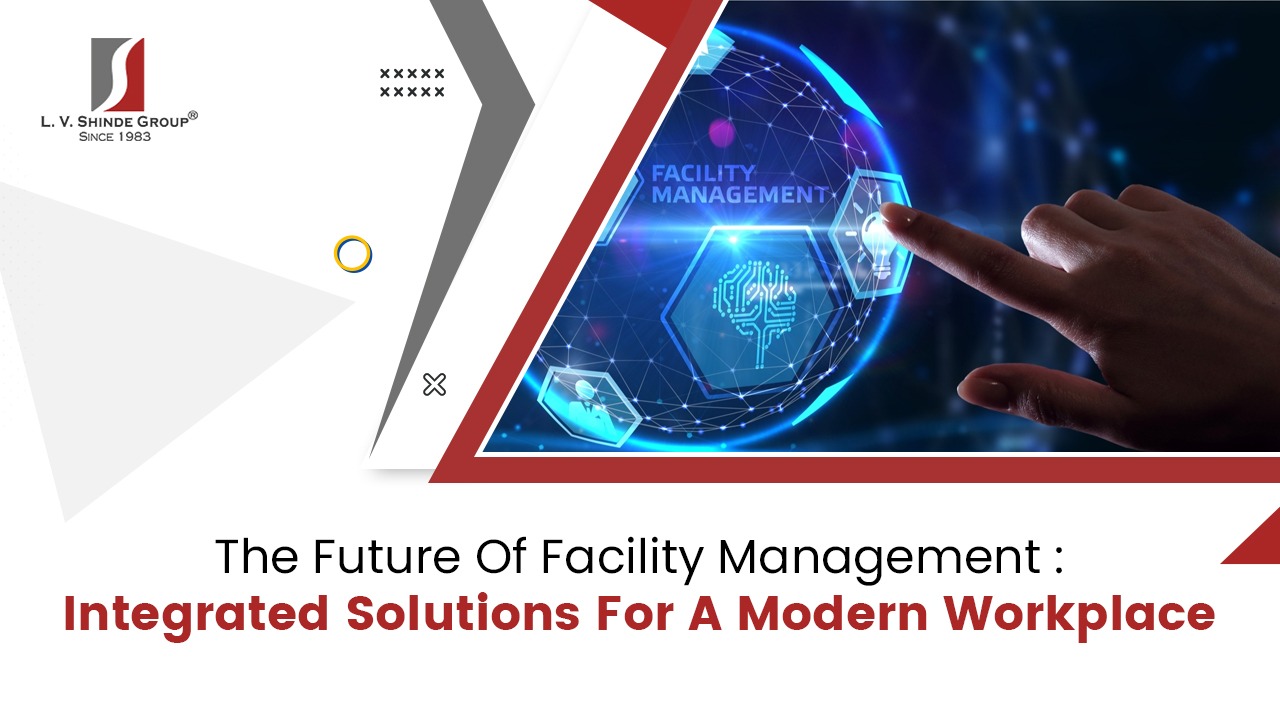The Future of Facility Management: Integrated Solutions For A Modern Workplace
Future of Facility Management
The future of facility management is looking brighter than ever. With technological advancements like artificial intelligence, robotics, and automation, businesses are becoming more efficient and cost-effective at managing their facilities. AI allows for automated monitoring and control of facility systems, so that facility managers can more easily identify and address potential problems. Robotics can help with the physical labour of facility maintenance, reducing manual labour needed to maintain a facility.
Automation is becoming more commonplace, allowing automated scheduling of maintenance tasks and other processes. Furthermore, the use of IoT-enabled devices is providing them with valuable data and insights that can help them make better decisions. The use of cloud-based software is also becoming increasingly popular in facility management. This allows businesses to access and manage their facilities remotely without worrying about the facility’s physical upkeep. Cloud-based software also provides a wealth of data that can be used to improve facility operations and efficiency.
Growing Need for Integrated Facility Management Solutions
In today’s ever-evolving business landscape, the need for integrated facility management solutions is growing across industries. Companies are looking for ways to reduce costs, increase efficiency and streamline operations. Integrated facility management solutions can provide organisations with the necessary tools to optimise their operations and reduce operational costs. With the help of these solutions, organisations can gain control over all of the components of their facility, including maintenance, security, energy management and more.
Integrity facility management solutions provide facility managers with real-time access to data and analytics, allowing them to quickly identify and address potential problems and ensure that operations run smoothly. By leveraging the power of integrated facility management solutions, facility managers can improve their operations and better manage their resources.
Traditional Facility Management vs Integrated Facility Management
In traditional facility management, the focus is on individual tasks and not on the overall performance of the facility. This means that tasks are handled as they arise rather than proactively managed to prevent future problems or improve efficiency. As a result, Traditional Facility Management can often be a reactive approach rather than a proactive one. It is more suitable for smaller facilities, such as single buildings or complexes, and for shorter-term management.
By contrast, integrated facility management takes a more comprehensive view of the facility and its operations. This approach looks at the facility’s overall performance rather than focusing on individual tasks. Integrated facility management is the more efficient and cost-effective approach to managing a facility. It involves using multiple entities or organisations to manage the facility and is suitable for larger facilities and long-term management.
Related Blog: Traditional Facility Management Vs. Integrated Facility Management
Key Components of Integrated Facility Management Solutions
Integrated facility management solutions offer a comprehensive approach to managing and optimising a facility’s operation. These solutions comprise several key components, including energy management, space management, workplace services, asset management, and sustainability management.
1. Energy Management
Energy management ensures that energy usage is optimised and that resources are not wasted. This involves implementing energy-efficient technologies, monitoring energy consumption, and optimising energy usage. With the implementation of energy-efficient technologies, a facility can reduce its energy consumption and save money. Additionally, monitoring energy consumption can help identify areas where energy consumption can be improved.
2. Space Management
Space management is an important part of facility management. It involves managing the space within a facility, such as a layout and design of the facility, and ensuring that it meets the needs of the organisation. This includes optimising the use of space within the facility and managing the facility’s physical assets, such as furniture and equipment.
3. Workplace Services
Workplace services are services that are provided to employees to ensure a comfortable and productive work environment. This includes services such as cleaning services, security services, and IT services. These services are essential for the success of a facility, as they ensure that employees are comfortable and safe in their workspace.
4. Asset Management
Asset management is the process of managing the physical assets in a facility. This includes tracking and managing the assets within a facility, as well as their maintenance and repair. Asset management helps ensure that assets are properly maintained and used effectively.
5. Sustainability Management
Sustainability management is the process of ensuring that a facility is environmentally friendly. This includes implementing processes and technologies that reduce the facility’s environmental impact, such as energy-efficient lighting and water-efficient systems. Sustainability management also involves creating policies and procedures that promote sustainable practices.
The Future of Facility Management in Action
The future of facility management is a hot topic for many industry professionals as technology continues to evolve rapidly and become more integrated into our daily lives. In the near future, technology will continue to play an increasingly important role in facility management as more advanced technology solutions become available to help facilities operate more efficiently.
The increasing use of Internet of Things (IoT) devices to gather information on a facility’s operations is a technological advancement that will have a considerable effect on facility management. This data can be utilised to determine areas of improvement, maximise energy use and ensure the safety of employees and visitors. Furthermore, predictive analytics can be utilised to anticipate and plan for possible problems, reducing downtime and improving productivity. The use of AI-enabled solutions to automate tasks such as scheduling and maintenance is likely to become more popular in the future. AI-enabled solutions can also be used to analyse data to detect potential issues and areas of improvement. This will enable facility managers to keep on top of their buildings and make sure they are running at their peak performance.
In the future, facility managers will also be able to use virtual reality to create 3D models of their facilities, allowing them to easily visualise how their buildings look and how they can be improved. This will make it easier to identify and address potential issues, as well as to plan for future renovations or expansions.
Conclusion
Facility management is an ever-evolving field that is constantly adapting to the changing needs of businesses. With the rising demand for automation, the development of new technologies and innovative solutions, facility managers will have the opportunity to work smarter and more efficiently. The future of facility management looks bright, and the need for integrated facility management solutions is clear. Not only do they improve efficiency, but they also reduce costs and streamline processes. An integrated facility management system can help organizations maximize their resources, optimise their operations, and ultimately improve their bottom line. With the right solution in place, businesses can gain a competitive edge and improve the overall quality of their services.
Improve Your Facility Management Today
If you wish for your business to function at its highest capacity and make the most of its resources, begin utilizing integrated facility management solutions. By investing in integrated facility management solutions, organizations can reap long-term benefits, improve their production quality and build a competitive edge in their industry. Supreme Facility Management Pvt. Ltd. is a leading provider of such solutions, and they are well equipped to manage and maintain any organization’s facilities in an efficient manner. By utilizing their 50+ services, organizations can benefit from their experience, expertise and advanced technology.


